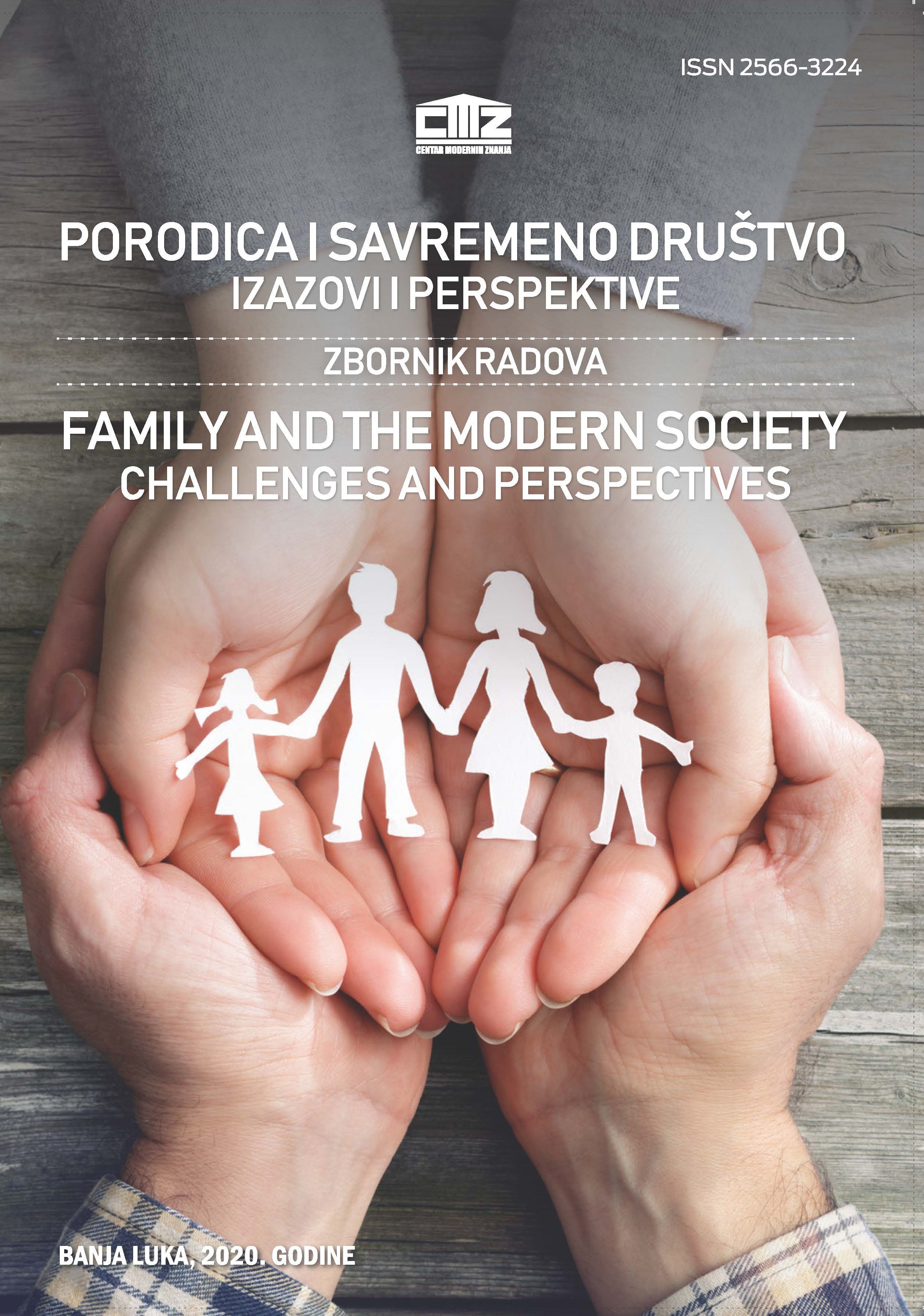PRAVO NA PRIVATNI I PORODIČNI ŽIVOT U PRAKSI EVROPSKOG SUDA ZA LJUDSKA PRAVA I USTAVNOG SUDA BOSNE I HERCEGOVINE
THE RIGHT TO PRIVATE AND FAMILY LIFE IN THE CASE LAW OF THE EUROPEAN COURT OF HUMAN RIGHTS AND THE CONSTITUTIONAL COURT OF BOSNIA AND HERZEGOVINA
Author(s): Miodrag N. Simović, Vladimir M. Simović, Milena SimovićSubject(s): Psychology, Constitutional Law, Human Rights and Humanitarian Law, Sociology, Social Norms / Social Control
Published by: CENTAR MODERNIH ZNANJA
Keywords: privacy; family life; Constitution of Bosnia and Herzegovina; Constitutional Court of Bosnia and Herzegovina; European Court of Human Rights;
Summary/Abstract: The right to privacy includes the right to family life, home and correspondence, the right to marry and found a family, and the right to equality of spouses. When it comes to human rights of this nature, abstinence or negative obligations are actually required of the state. It is important that the right to privacy protects an individual's personal autonomy, regardless of whether this right is specified in other legal provisions. This right must be guaranteed under constitution so that there is a balance with other rights that may be restrictive. Private life expresses the right of a person to regulate his or her private life at his/her own will, to be protected from unwanted publicity, and to establish relations with other people at his/her discretion. It associates the privacy with public to the extent that this right is a condition of his/her own understanding of development and affirmation of his own personality and the personality of those who surround him directly. This right, understood as protection against unwanted publicity, often conflicts with the freedom of press. These two goods, privacy and freedom of press, should be balanced by a clause on the legitimate interest of public that the press has the right to explain everything in the public interest, without violating privacy. When such rights arise, the advantage is given to the power of the one with a constitutional guarantee. The European Court of Human Rights, taking into account social and legislative changes in the countries signatories to the European Convention for the Protection of Human Rights and Fundamental Freedoms, extended the concept of family life beyond the scope of formal relations, i.e. the concept of de iure family life, so that the concept of family life, within the meaning of Article 8 of this Convention is, in fact, de facto family life. Therefore, today, the concept of family life includes: exercising parental rights; guardianship and giving a child for adoption. In a number of occasions, the European Court has stated in its case law that the concept „family life“ in Article 8 of the European Convention for the Protection of Human Rights and Fundamental Freedoms is not limited only to families based on marriage and may include other de facto relationships. In deciding whether a relationship can be said to be “family life”, a number of factors may be relevant, including whether a couple lives together, duration of their relationship, and whether they have shown affection for each other by giving birth to children or otherwise.
Journal: DRUŠTVENE DEVIJACIJE
- Issue Year: V/2020
- Issue No: 5
- Page Range: 38-60
- Page Count: 23
- Language: Bosnian

